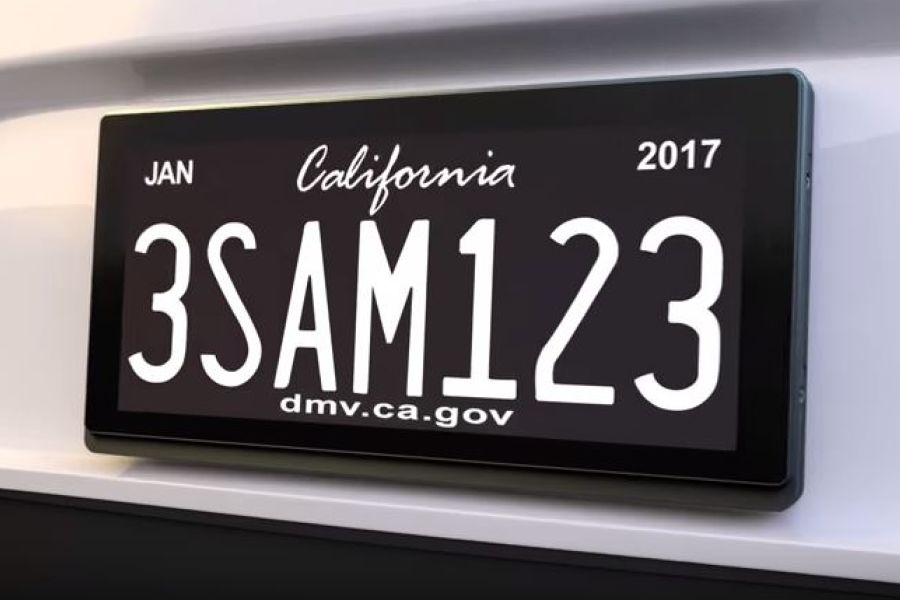As more people use mobile phones, more fraud perpetrators target these devices. According to Javelin Strategy & Research, between 2017 and 2018 the number of fraudulent mobile-phone accounts opened grew by 78%. Schemes in which thieves open a phone account in your name and use it to access your bank account, sign up for credit cards and gain access to personal information are only some of the recent fraud trends. Fraudsters have plenty of ways to defraud consumers through their phones. It's clear . . . you're phone may be a fraud risk. Your phone may be a fraud risk: Why they’re vulnerable One of the reasons mobile phones are so vulnerable is that phone security hasn’t kept pace with traditional computer security. Mobile devices rarely contain...

If you’re like most business owners and executives, you may not actively search for fraud risks — until there’s an incident and you’re facing possible losses. Although publicly traded companies must conduct fraud risk assessments, privately held businesses don’t have the same requirements. Nevertheless, reviewing internal controls for gaps that might allow crooks to slip through is recommended for all companies. Assess fraud risk before experiencing losses: 4 major ways A comprehensive risk assessment might start in the areas where fraud is most likely to happen, such as accounts payable, purchasing and IT. But don’t stop there. If you close a door in only one department, those bent on fraud will find openings elsewhere. Look at your internal controls in the same way a dishonest employee would...
Roth IRAs offer significant estate planning and financial benefits. Do you have a substantial balance in a traditional IRA and are considering converting it to a Roth IRA? There may be no better time than now. The Tax Cuts and Jobs Act (TCJA) reduced individual income tax rates through 2025. As such, it may be an ideal time for Roth IRA conversions. By making the conversion now, the TCJA enhances the benefits of a Roth IRA. Estate planning benefits The main difference between traditional and Roth IRAs is the timing of income taxes. With a traditional IRA, your eligible contributions are deductible on your tax returns but distributions of both contributions and earnings are taxable when you receive them. With a Roth IRA, on the other hand,...
If you own an interest in a closely held business, it’s critical to have a well-designed, properly funded buy-sell agreement. That's because buy-sell agreements can provide liquidity. Without one, an owner’s death can have a negative effect on the surviving owners. What would happen If one of your co-owners dies? You may be forced to go into business with his or her family or other heirs. And if you die, your family’s financial security may depend on your co-owners’ ability to continue operating the business successfully. Estate taxes: buy-sell agreements can provide liquidity to pay them There’s also the question of estate taxes. The federal gift and estate tax exemption is currently $11.4 million,. As such, estate taxes affect fewer people than they once did. But estate taxes...
As posted to the GoldSilver YouTube Channel on 08/20/19 (Run time 12 min, 37 sec) What is at the core of the latest turmoil in markets? Is it a trade war? Is it a yield curve inversion? Or is it something far more simple . . . like the fact that the US Dollar is on life support? Mike Maloney shares his analysis drawing on various recent articles . . . (07/24/19) Zero Hedge: We Believe the Dollar Could Lose its Status as the World's Reserve Currency (07/20/19) Asia Crypto Today: Iran Announces Gold-Backed National Cryptocurrency (06/25/19) Forex & Currencies Trading: How the Triffin Dilemma Affects Currencies . . . and financial data: Gross Federal Debt as a Percentage of GDP GDP divided by Gross Federal Debt GDP minus the...
As posted to the FightMediocrity YouTube Channel on 8/19/19 (Run time: 3 min, 8 sec) Elon Musk advises that, particularly when you're starting a company, you must: Work super hard Attract great people Focus on signal over noise Don't just follow the trend FightMediocrity is dedicated to fighting mediocrity through big ideas. The artist picks some of his favorite books in self-improvement and self-help that he has found useful on his personal development journey, animates them, and shares them with his audience....
You may have heard about a proposal in Washington to cut the taxes paid on investments by indexing capital gains to inflation. Under the proposal, the purchase price of assets would be adjusted so that no tax is paid on the appreciation due to inflation. While the fate of such a proposal is unknown, the long-term capital gains tax rate is still historically low on appreciated securities that have been held for more than 12 months. And since we’re already in the second half of the year, it’s a good time to review your investments for possible tax-saving strategies. The federal income tax rate on long-term capital gains recognized in 2019 is 15% for most taxpayers. However, the maximum rate of 20% plus the 3.8% net investment...
Background checks don’t inoculate companies against occupational fraud and other criminal acts by employees. After all, many thieves have never been caught and, therefore, have no criminal background. But conducting background checks on prospective employees remains critical. If you’re hiring an accounting staffer, for example, you want to know if that person is deeply in debt and has an incentive to cook the books. If you’ll be issuing a company car, you probably don’t want to hire someone with a slew of moving violations. Basic information At a minimum, ask former employers to confirm dates of employment, job titles and other resumé information, and then ask about the applicant’s work habits and reliability. Many employers are unwilling to divulge more than factual information because they fear lawsuits from...
There’s good news about the §179 depreciation deduction for business property. The election has long provided a tax windfall to businesses. This is because it enables them to claim immediate deductions for qualified assets, instead of taking depreciation deductions over time. §179 was increased and expanded by the Tax Cuts and Jobs Act (TCJA). Therefore, it's a good time to buy business equipment. Even better, the §179 deduction isn’t the only avenue for immediate tax write-offs for qualified assets. Under the 100% bonus depreciation tax break provided by the TCJA, the entire cost of eligible assets placed in service in 2019 can be written off this year. §179 basics The §179 deduction applies to tangible personal property (e.g. machinery and equipment) purchased for use in a trade...
As posted to the Reviver Auto YouTube Channel on 5/7/18 Currently available in CA and AZ, there is a fully functional digital license plate now available. Introducing the"RPlate". Offered in two primary versions. Rplate offers a variety of benefits and features which may include: Plate Customization Customize the theme of your Rplate anytime with the Rplate app Front-lit HD Display The crisp, bright, reflective screen is easily discernible in all weather conditions LTE Connected Built-in LTD connection keeps you connected with your car Smart Registration Rnewal DMV registration renewal can be done on-online Personalized Messages Customize with running messages including sports teams, universities and organizations Trip & Mileage Tracking GPS tracking and journey mapping Location Alerts Know where your cars is at all times For more information, visit www.reviver.com (This is Blog Post #600)...
- 1
- 2
- 3
- 4
- 5
- 6
- 7
- 8
- 9
- 10
- 11
- 12
- 13
- 14
- 15
- 16
- 17
- 18
- 19
- 20
- 21
- 22
- 23
- 24
- 25
- 26
- 27
- 28
- 29
- 30
- 31
- 32
- 33
- 34
- 35
- 36
- 37
- 38
- 39
- 40
- 41
- 42
- 43
- 44
- 45
- 46
- 47
- 48
- 49
- 50
- 51
- 52
- 53
- 54
- 55
- 56
- 57
- 58
- 59
- 60
- 61
- 62
- 63
- 64
- 65
- 66
- 67
- 68
- 69
- 70
- 71
- 72
- 73
- 74
- 75
- 76
- 77
- 78
- 79
- 80
- 81
- 82
- 83
- 84
- 85
- 86
- 87
- 88
- 89
- 90
- 91
- 92
- 93
- 94
- 95
- 96
- 97
- 98
- 99
- 100
- 101
- 102
- 103
- 104
- 105
- 106
- 107
- 108
- 109
- 110
- 111
- 112
- 113
- 114
- 115
- 116
- 117
- 118
- 119
- 120
- 121
- 122
- 123
- 124
- 125
- 126
- 127
- 128
- 129
- 130
- 131
- 132
- 133
- 134
- 135
- 136
- 137
- 138
- 139
- 140
- 141
- 142
- 143
- 144
- 145
- 146
- 147
- 148
- 149
- 150
- 151











